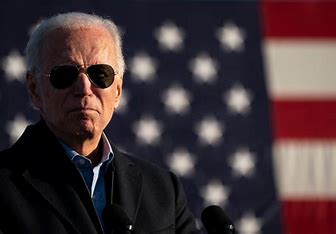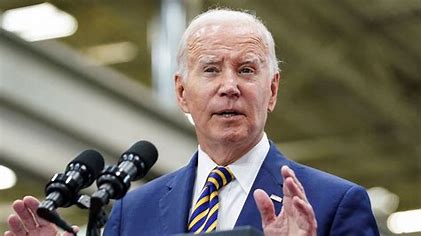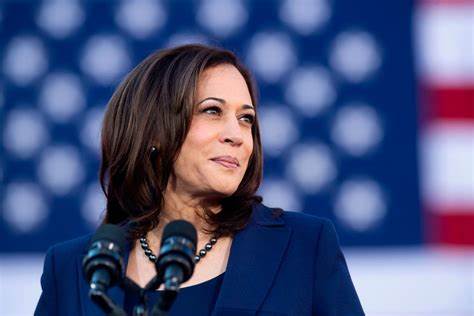|
Getting your Trinity Audio player ready...
|
Haiti’s’ president Jovenel Moise refused to join forces with MINIJUSTH, a UN back agency with a mandate to assist the Haitian judiciary in combating corruption and impunity in Haiti. Haitian citizen Jonson Colin filed several complaints against the managers of the PetroCaribe fund and other government officials. These complaints necessitated the appointment of a judge d’instruction to conduct an inquiry into the fund. Susan D. Page, the UN representative in Haiti, issued a public statement of support for an investigation into the Petrocaribe theft.
A day later, the Moise government recalled its ambassador to the United Nations, claiming that such a statement has the potential to create political destabilization in Haiti. The question is why showing support for fighting corruption would create political instability in Haiti?
Haiti is trapped in a culture of corruption deeply embedded into the fabric of every government institution. Fraud, theft and embezzlement in government departments are endemic. The PetroCaribe fund is the most notorious case where two dozen government officials allegedly looted nearly 2.2 billion dollars. The Petrocaribe fund was created because of an agreement between Haiti and Venezuela, where the Venezuelan government would provide petroleum products to Haiti at below market price, and Haiti would then sell the products locally, the profits in the billions, would be used for capital development and infrastructure projects. The fund was created in 2006 and managed by the Office of Monetization of Aid Programs & Development, known by its French acronym as BMPAD. The agency was run by a director appointed by the president.
In 2016, a Senate commission on corruption conducted an inquiry into the management of the PetroCaribe fund, after allegations surfaced that several government ministers issued no-bid contracts to companies associated with them and or their family members and paid for by the PetroCaribe fund. The 650-page report concluded that the Petrocaribe fund was grossly mismanaged, and government officials used the fund to pay for construction projects that were to be completed in exchange for kickbacks and bribes.
Moise’s predecessor Michel Martelly admitted that members of his government had been involved in the embezzlement of the PetroCaribe fund. But even with that information, Mr. Moise had been unwilling to order an investigation. Since becoming president, Mr. Moise has shown a calm indifference to corruption and incompetence around him. His action is unsurprising, considering that his current chief of staff and senior advisor Wilson Laleau who served as minister of finance and commerce under president Martelly is implicated in the PetroCaribe theft, and considered one of the alleged architects of the scheme. Also, several former members of the Martelly administration who now work for Mr. Moise are implicated in the corruption.
Mr. Moise said the PetroCaribe corruption probe is politically motivated, and that his enemies are using the probe to destabilize his government. If that were true, it would behoove Mr. Moise to push for an inquiry that would put the matter to rest. The problem is that Mr. Moise is also implicated, though not directly with PetroCaribe. But in 2013, Mr. Moise allegedly overcharged the Haitian government $100,000 for installations of solar lamps. Moise and his wife have been implicated in a money laundering scheme, an investigation that was quashed after he became president.
The Moise government has retained Mercury, a global public relations firm to deal with the fallout of the PetroCaribe saga in an attempt to polish his image and that of his government aboard. Haiti is known for corruption, and no amount of public relations can erase that. However, Moise as president can take concrete actions to fight corruption and impunity in Haiti – the surest way to change Haiti’s image abroad and send a clear message that Haiti has turned a corner. The Moise administration should join with MINIJUSTH and the Haitian judiciary to push for a through investigation into the PetroCaribe theft.





